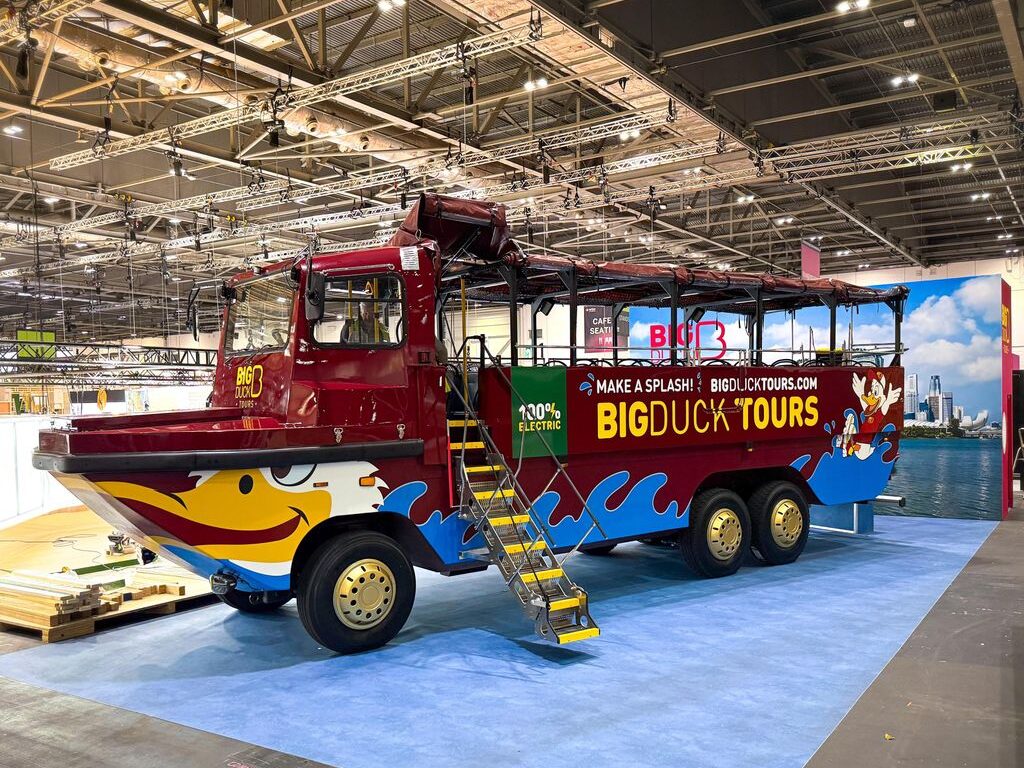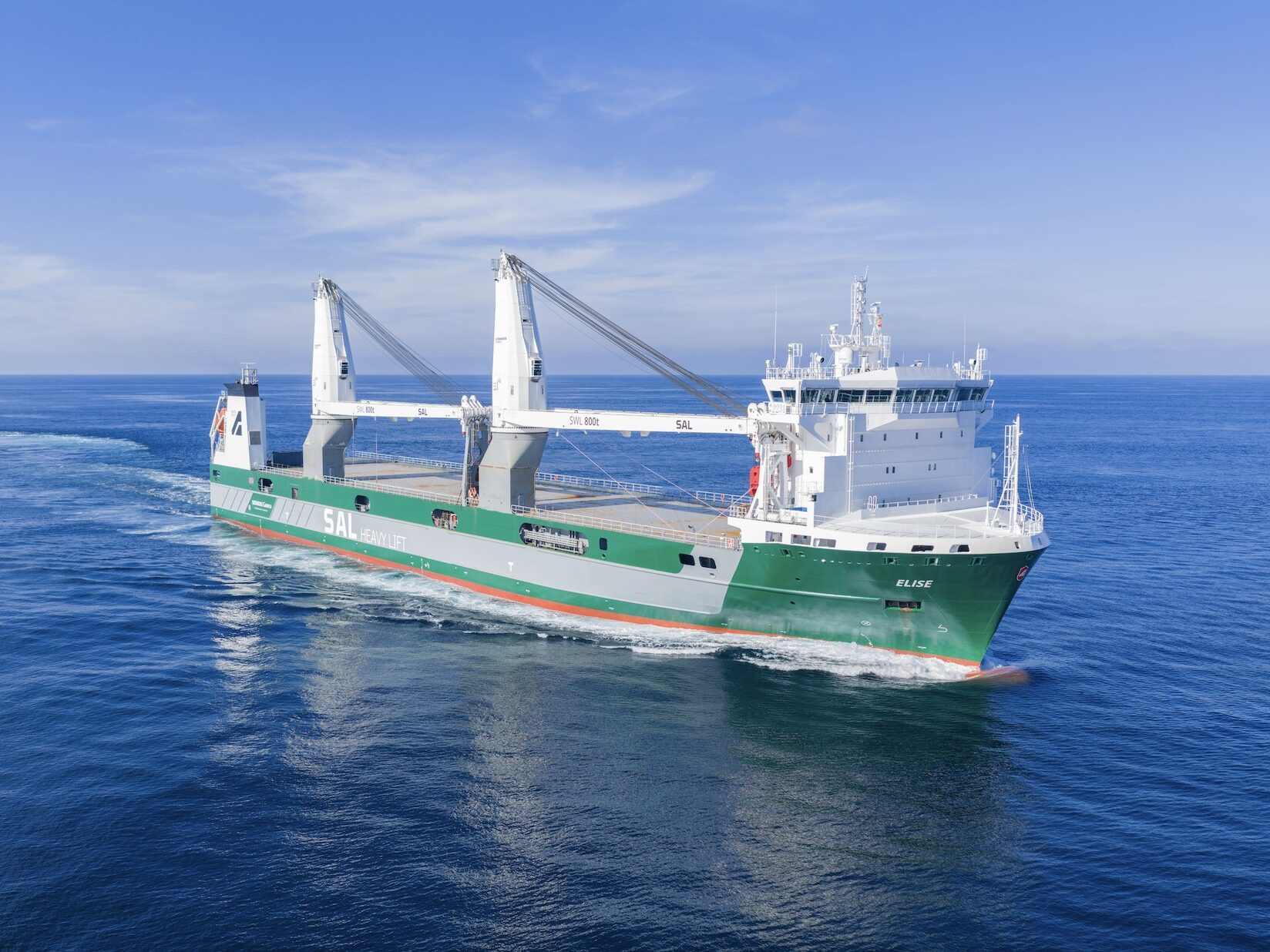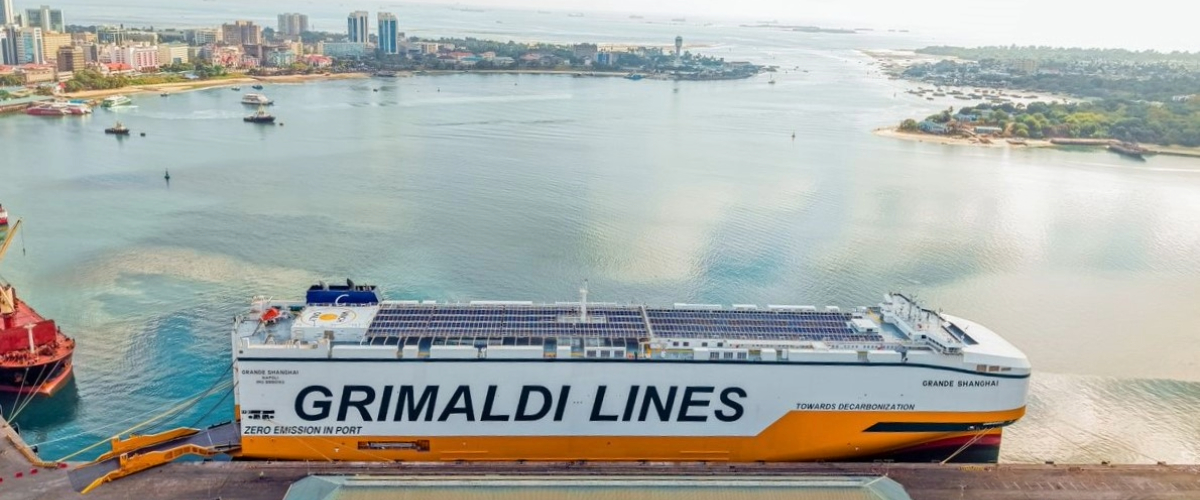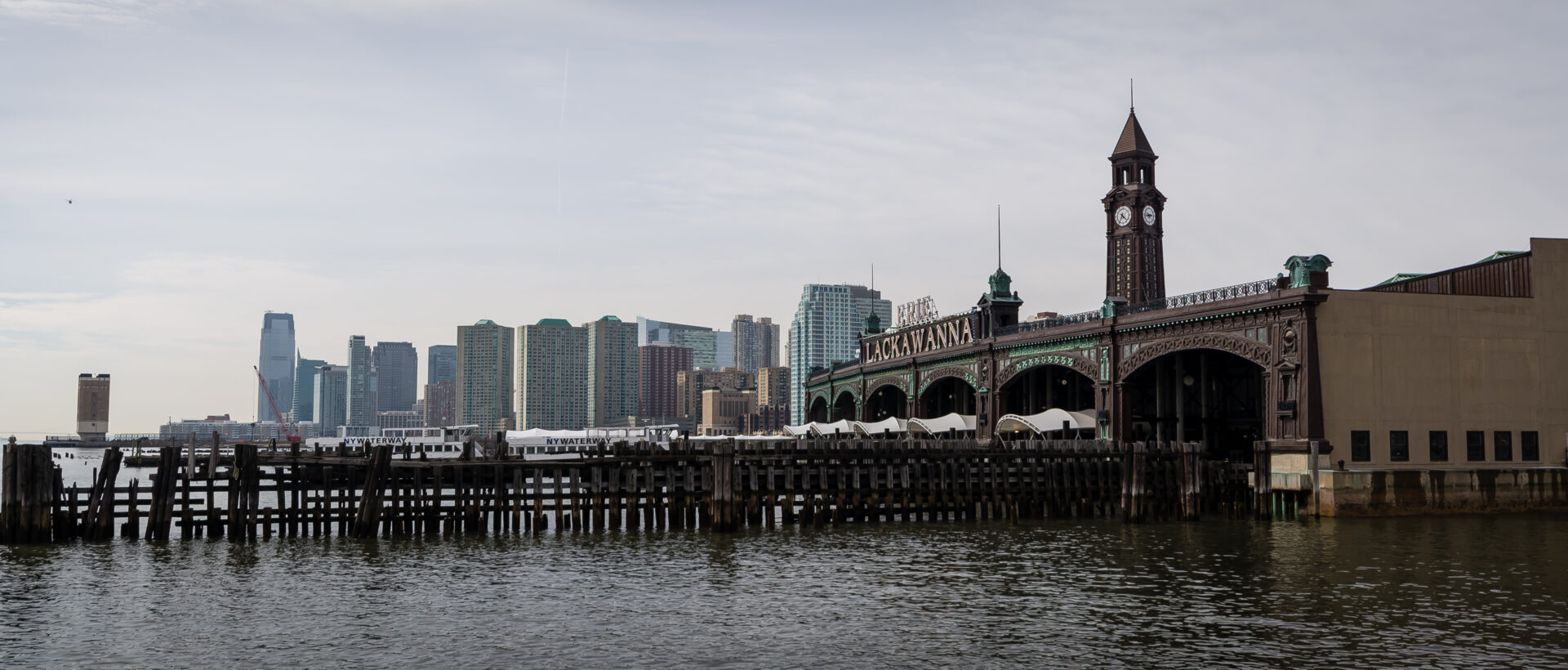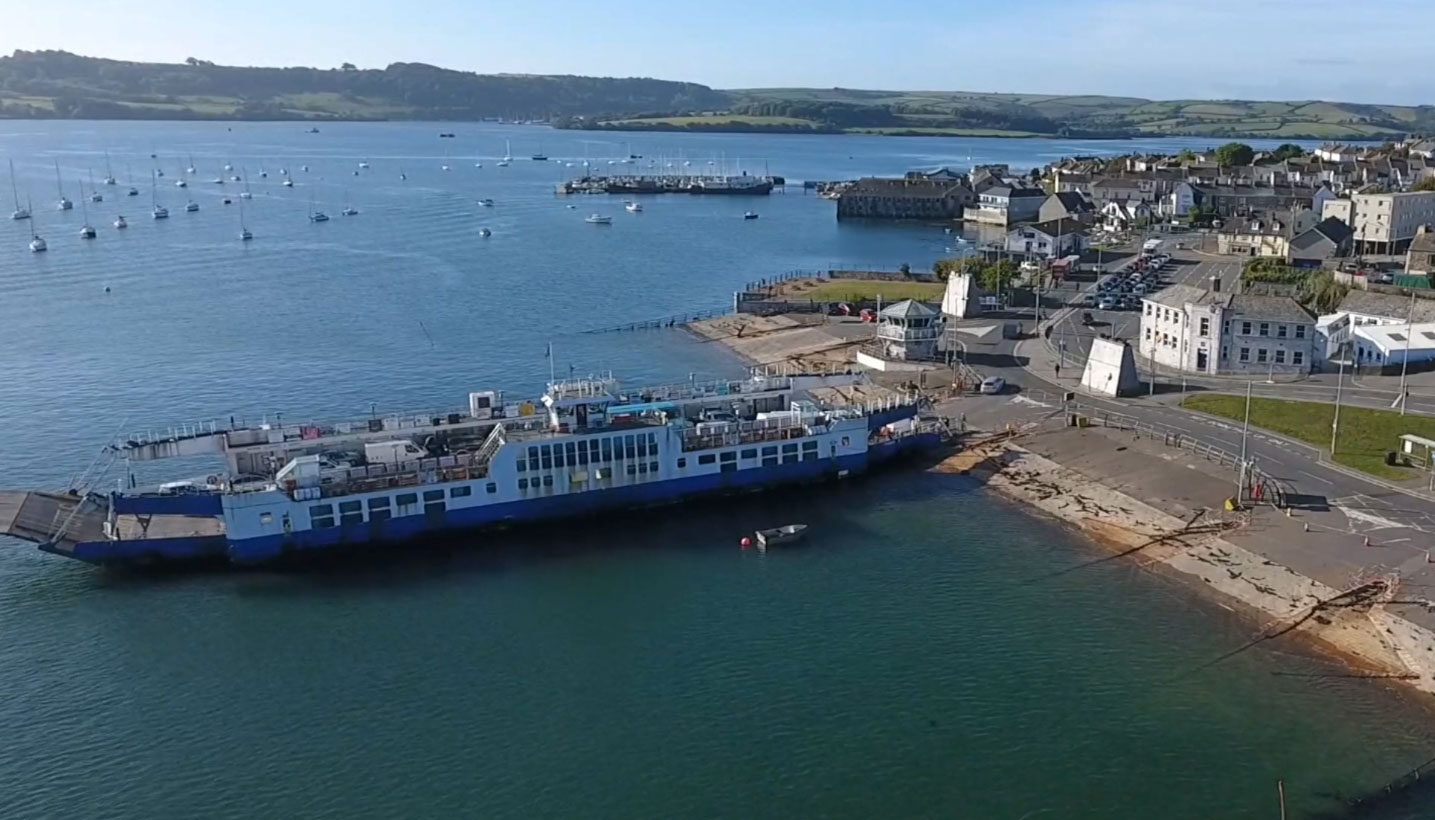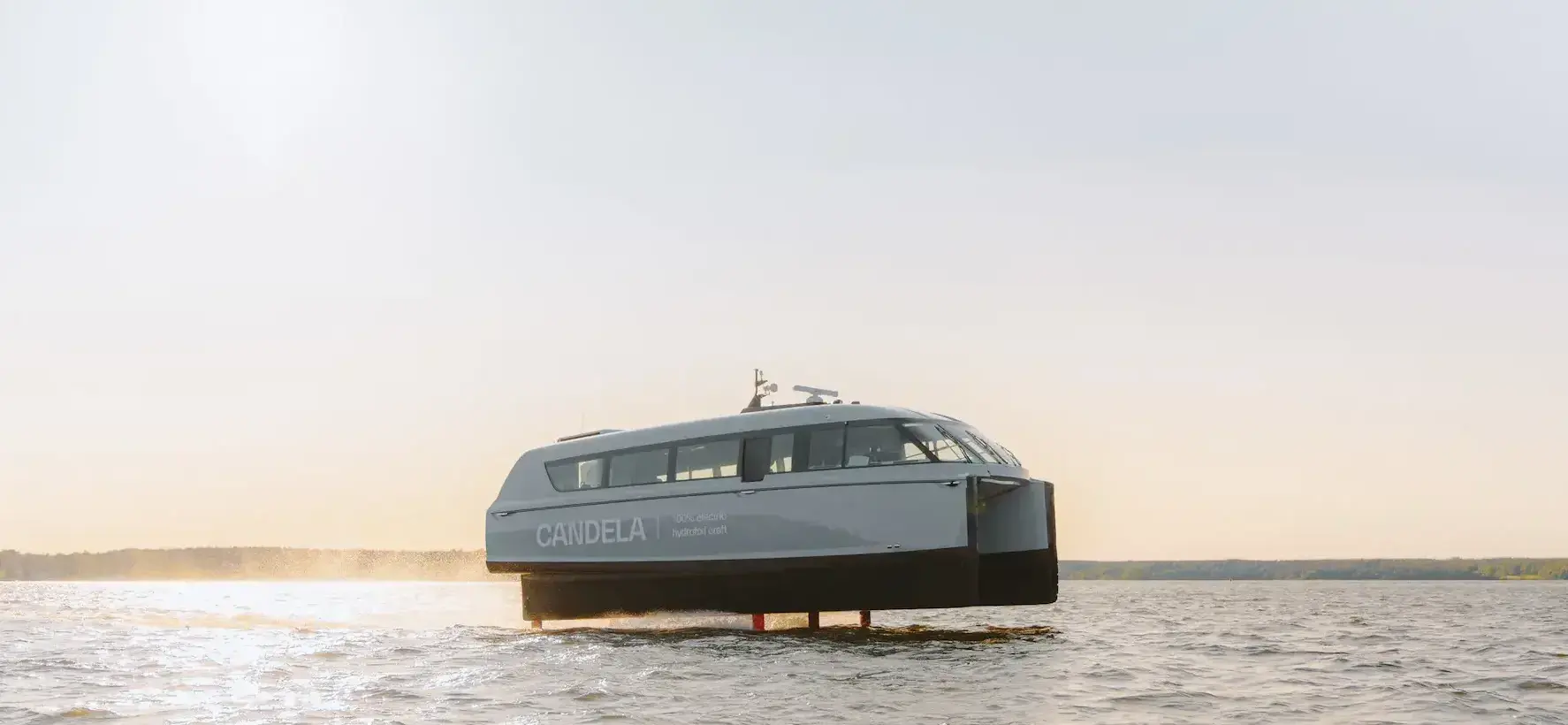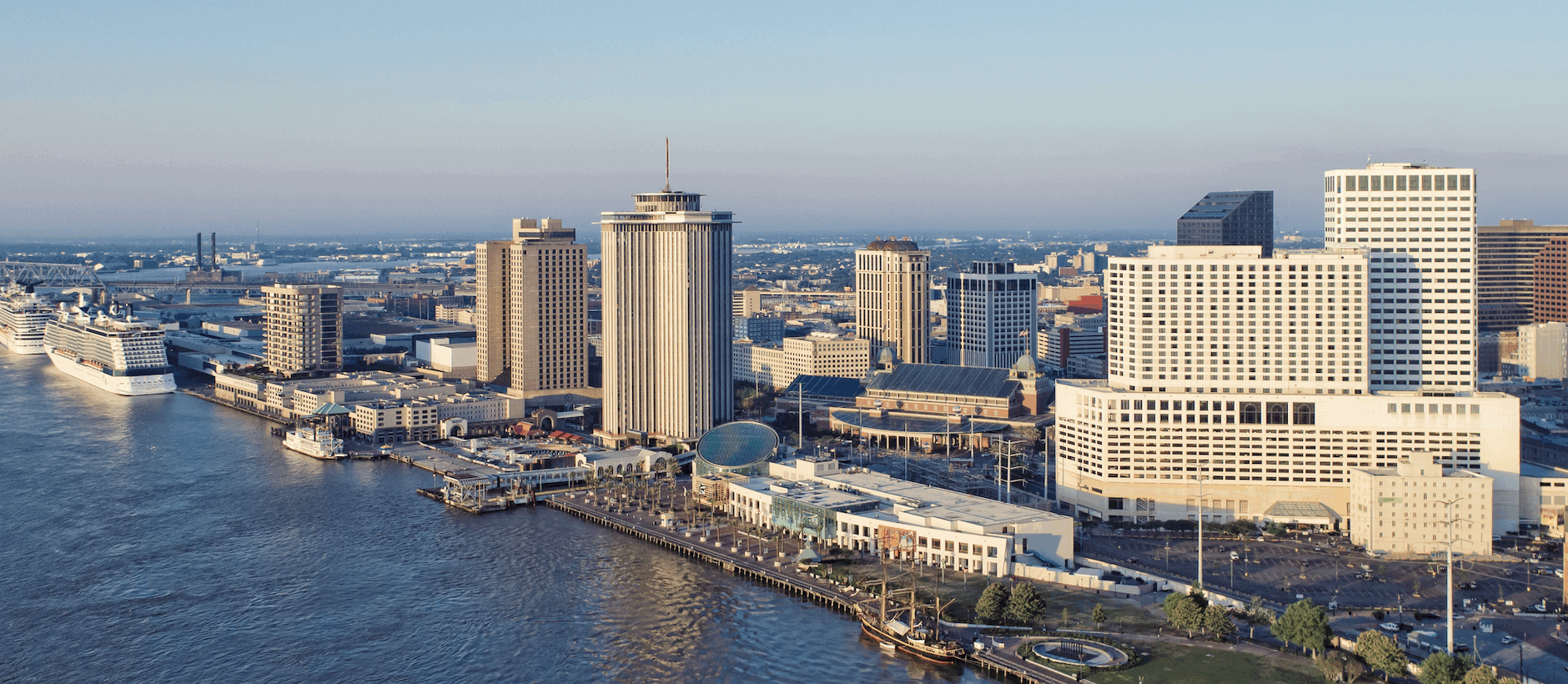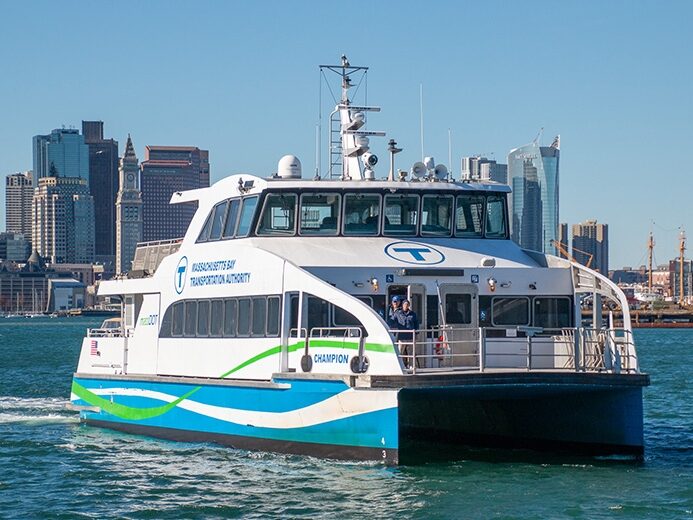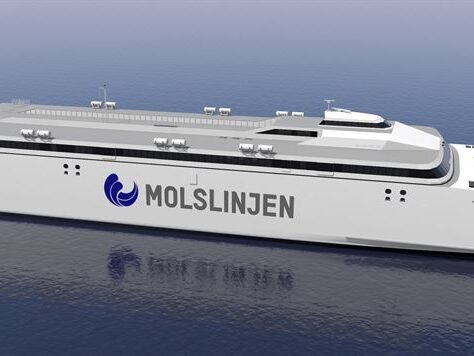Candela has announced the sale of 10 of its Candela P-12 ‘flying’ electric vessels to Maldivian operator Ego Shuttle, with the new vehicles set to begin operation connecting Malé International Airport to nearby islands in 2026.
The introduction of the vessels aims to both cut the production of harmful emissions across the Maldives, as well as provide tourists with a smoother experience when travelling to their destination.

The P-12 operates by ‘flying’ 1.5 metres above the surface of the water via the use of two computer-controlled hydrofoils, reducing overall energy consumption by up to 80%.
Currently, operations are handled by a number of twin-outboard speedboats, which, according to Candela, burn roughly five litres of gasoline per mile – 15 times that of a bus.
Shabir Walji, CEO of Ego Shuttle said:Until now, there have been no real options to electrify waterborne transport, as conventional hulls are simply too inefficient to run on battery power. With the Candela P-12, we finally have a vessel with the range and speed to replace fossil-fuel boats — while minimising the impact on this unique environment.
Creating a wake of under 10 centimetres in height; the Candela P-12 is controlled by an onboard Flight Controller which continuously adjust the angle of the hydrofoils in order to ensure a smooth journey.
Passenger amenities onboard include Wi-Fi, entertainment screens and refreshments.
Ego Shuttles has also stated it will soon establish a local logistics and service hub to train Maldivian employees.
Shabir Walji continues:We’re proud to bring this world-first to the Maldives, supported by the government’s ambitious climate leadership and its commitment to achieving net zero by 2030. Few nations have done more to place sustainability at the heart of development.
The Maldives has long been a global voice for climate action, and by adopting the Candela P-12, it shows how even the most vulnerable nations can lead by example.
Candela also recently announced an agreement with Thailand’s Seudamgo for 10 vessels.



